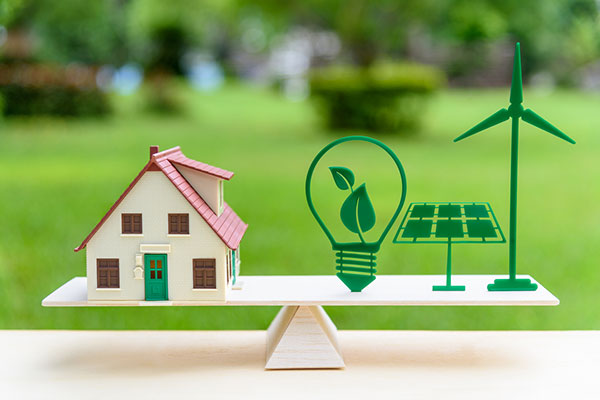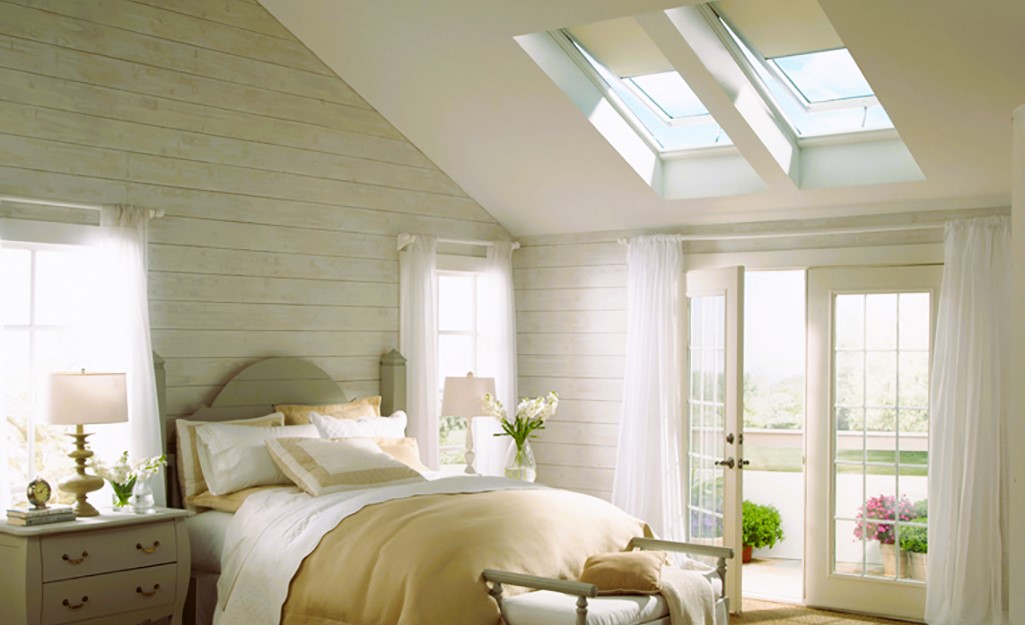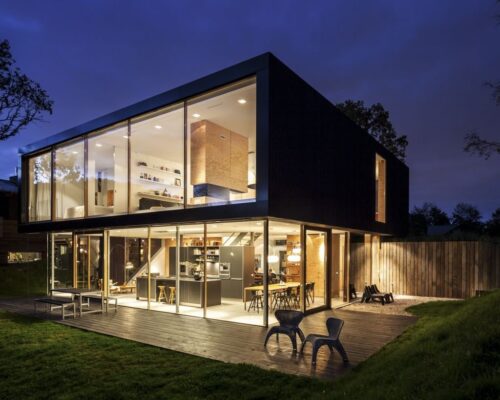When it comes to boosting your home’s energy efficiency, investing in energy efficient home windows is one of the most impactful steps you can take. These windows not only enhance the comfort and curb appeal of your home but also play a pivotal role in reducing energy consumption and lowering utility bills. This guide delves into the various features and benefits of energy-efficient windows, from Low-E glass to triple-pane windows, and how they contribute to creating a more sustainable home.
Understanding Energy Efficient Home Windows
Energy efficient home windows are specifically designed to optimize thermal performance and energy conservation. These windows incorporate advanced technologies, such as Low-E glass, which features a special coating that reflects heat while allowing light to pass through. This reduces the amount of heat entering your home during summer and prevents heat from escaping in winter, ensuring year-round comfort.
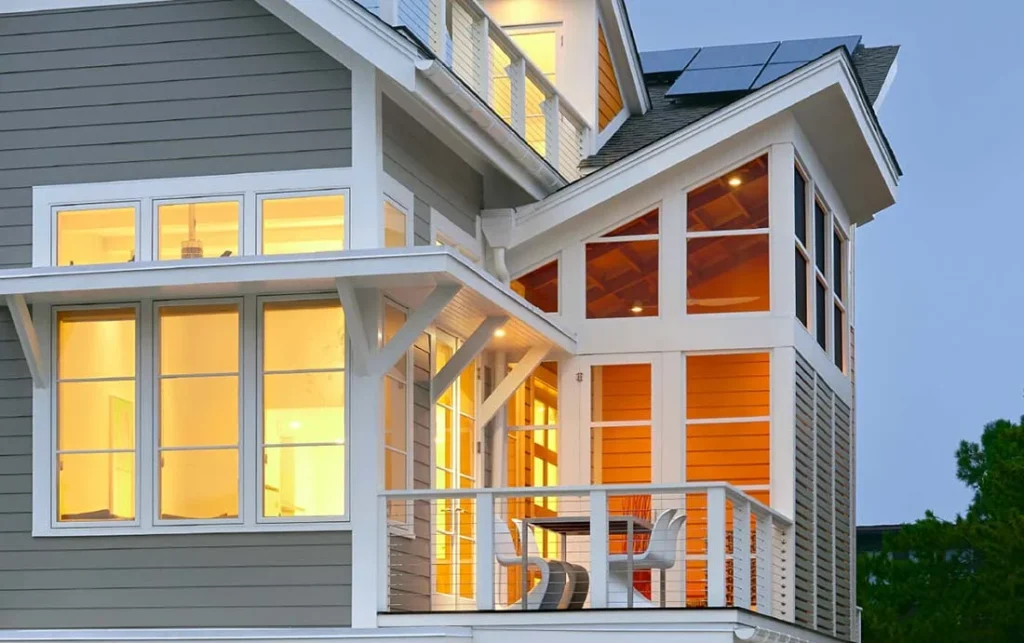
The Role of Insulated Window Panes
A critical feature of energy-efficient home windows is the use of insulated window panes. These typically come in the form of double-pane or triple-pane windows, with two or three layers of glass separated by an insulating gas like argon or krypton. This insulation significantly reduces heat transfer, helping to maintain a consistent indoor temperature and decreasing the need for heating and cooling.
| Window Type | Thermal Efficiency | Cost | Noise Reduction | Maintenance |
|---|---|---|---|---|
| Single-Pane Windows | Low | Low | Low | Low |
| Double-Pane Windows | High | Moderate | Moderate | Low |
| Triple-Pane Windows | Very High | High | High | Moderate |
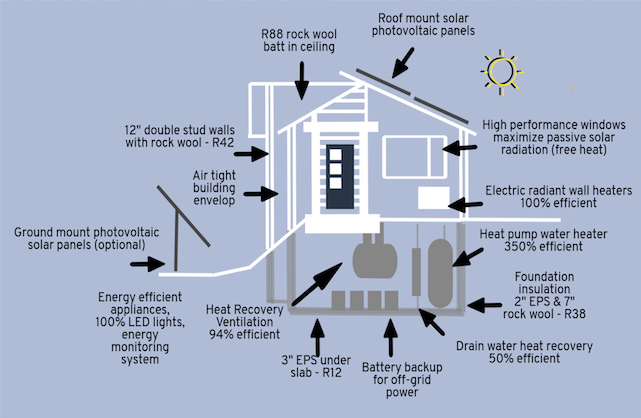
The Importance of Energy Star Rated Windows
When selecting windows for your home, seek out the Energy Star label. This certification signifies that the windows meet stringent energy efficiency standards set by the U.S. Environmental Protection Agency (EPA). Energy Star rated windows are an excellent choice for homeowners who want to lower their carbon footprint while saving on energy costs.
Enhancing Home Efficiency with Low U-Factor Windows
The U-factor is a measure of a window’s insulating capability. Windows with a low U-factor are more effective at keeping heat inside your home, especially during the colder months. Choosing low U-factor windows can significantly enhance your home’s energy efficiency, making it more sustainable and comfortable.
The Benefits of Heat-Retaining Windows
Heat-retaining windows are designed to trap heat within your home, reducing the need for additional heating. These windows often feature advanced glazing options, such as Low-E coatings and multiple panes, to maximize their insulating properties. By minimizing heat loss, these windows contribute to lower energy bills and a reduced environmental impact.
Sustainable Home Windows: Eco-Friendly and Efficient
As environmental awareness grows, so does the demand for sustainable home windows. Eco-friendly windows are crafted using materials and technologies that minimize environmental impact while maximizing energy savings. These windows not only help reduce energy consumption but also enhance the overall sustainability of your home.
Protecting Your Home with Window Weatherproofing
Effective window weatherproofing is essential for maintaining the energy efficiency of your windows. Proper weatherproofing prevents drafts, leaks, and moisture buildup, which can undermine the performance of even the most advanced windows. Investing in quality weatherproofing ensures that your energy-efficient windows perform optimally, providing long-term energy savings and comfort.
Conclusion: Making the Right Choice for Your Home
Investing in energy efficient home windows is a wise decision for any homeowner aiming to improve energy efficiency and reduce utility costs. By selecting windows with features like Low-E glass, insulated panes, and a low U-factor, you can create a more comfortable, eco-friendly living environment. Whether you’re replacing old windows or installing new ones, choosing the right energy-efficient windows will provide lasting benefits for your home and the planet.
